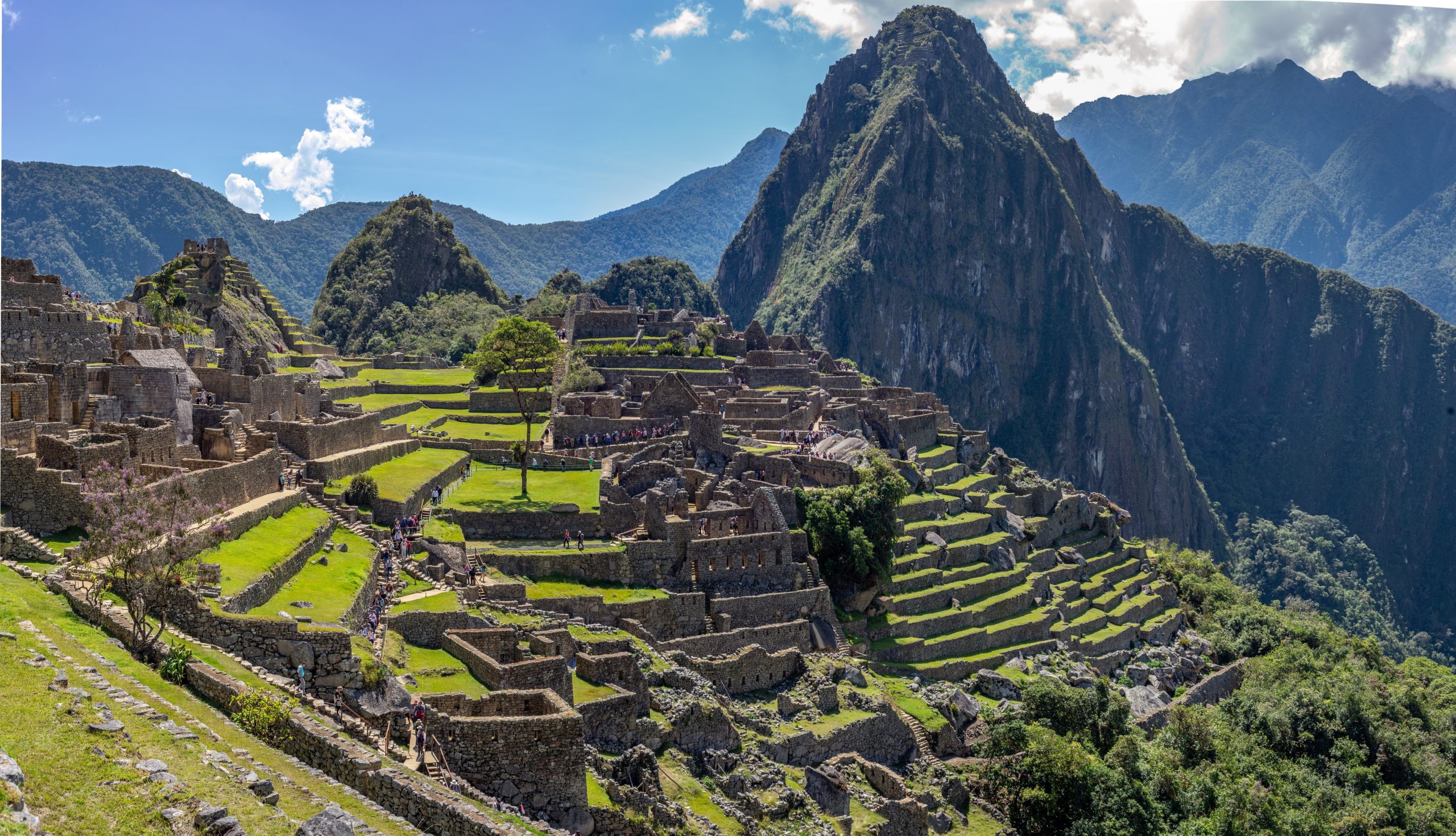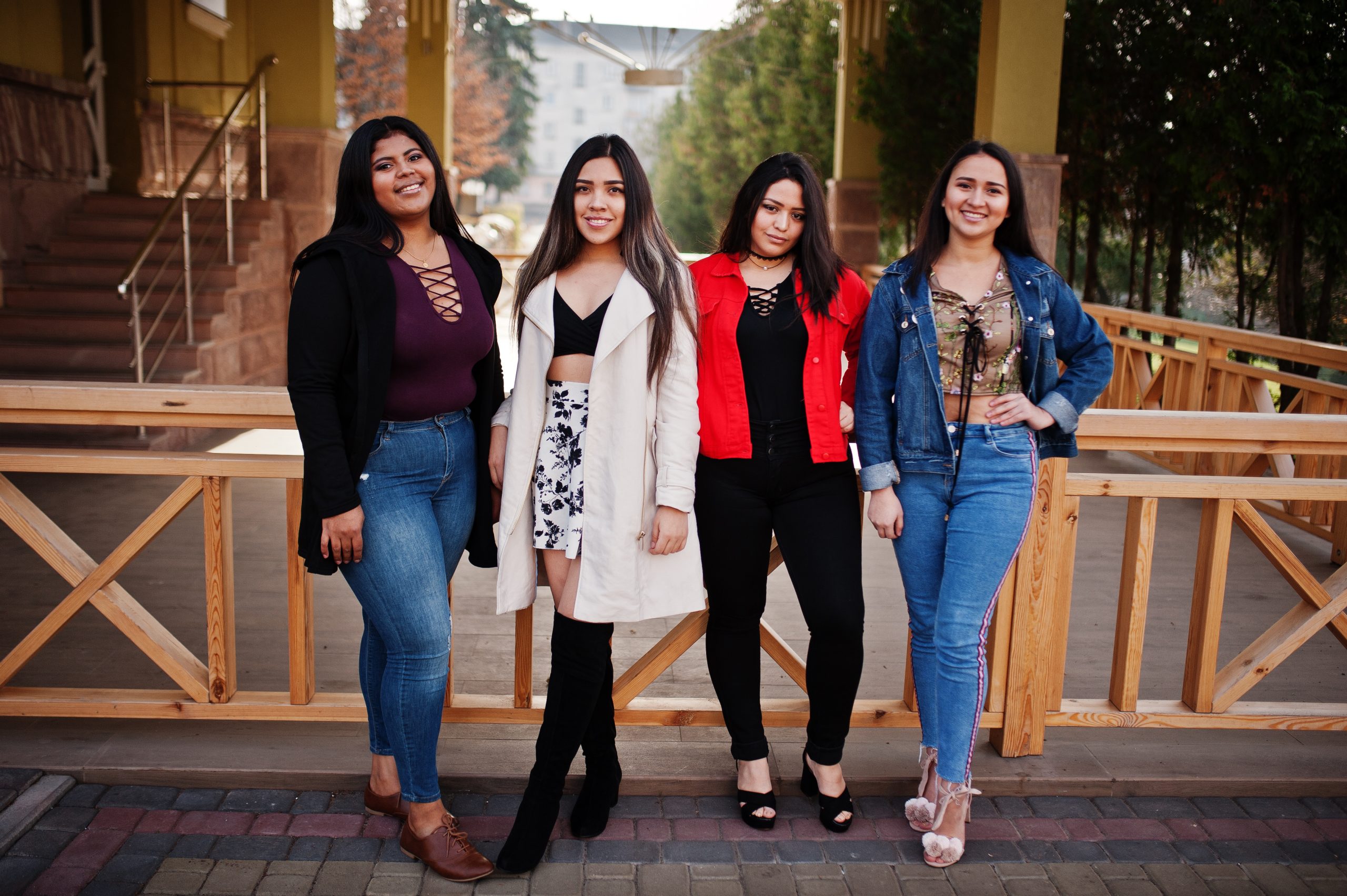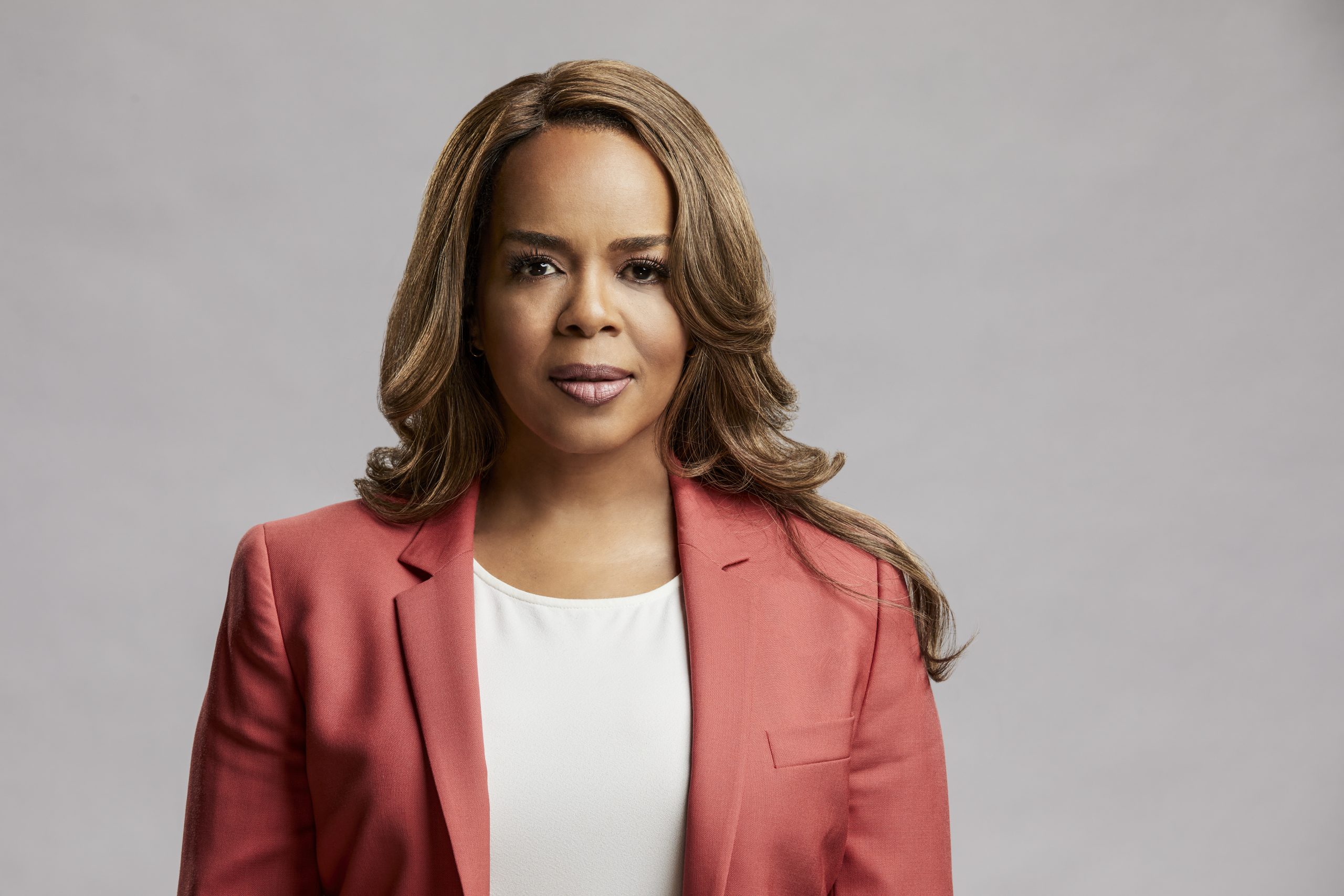
Ariana Peru
Women Around The World – Peru
Throughout the last decades, women around the world have been acquiring equality in society. Some of these are the right to participate in elections through suffrage movements around the world since 1893. Also, other women’s issues have been addressed such as equal pay, marriage freedom and labour rights. In Peru, a country in South America, most women acquired suffrage rights in 1955. This was the result of continuous political and social activism of women such as Maria Jesus Alvarado and Zoila Aurora Cáceres. However, only in 1979, Peru reached universal suffrage which benefited women the most and increased the rates of political participation. Since then, the Peruvian government and society have increased their focus on women’s issues. Even though there have been great accomplishments, their efforts have not been sufficient to address these problems.

Panoramatic shot of Machu Picchu near exit and entry point
One of the main issues in Peru is domestic and gendered violence. Unfortunately, this is a common experience amongst women. According to official studies, 7 in every 10 women have been victims of violence in their life. This includes sexual, physical and psychological aggression. This study positioned Peru as one of the countries with the highest gendered violence rates. Furthermore, this has only worsened during the Covid-19 lockdown. Women were not able to leave their homes and were required to spend more time with their husbands or romantic companions. This increased rates due to the fact that 52% of the perpetrators of women’s violence in 2021 were their current and ex-partners. In 2021, there were 146 femicides and 123 attempts.
Another important issue that women in Peru face daily is sexual harassment. This involves various places such as their workplace, streets and even their own home. Various studies have concluded that among employed people in Peru, 34% have experienced sexual harassment in the workplace. Also, the great majority were women. However, only 4% of them were able to recognise these situations. In other words, 96% of victims were not aware of what constituted sexual harassment and catalogued this behaviour as normal. This clearly portrays the great normalisation of sexual harassment in Peruvian society. This, in turn, makes finding a solution to this problem more complicated.
Furthermore, one of the most significant problems concerning women in Peru is the lack of education. It has become difficult for women, adolescents and girls to access education. This is more common in the most vulnerable areas of the country. In rural areas, 6.2% of women successfully finish tertiary level education. This includes authorised universities and superior education institutes. In addition, 23% of girls between 12 to 17 years old have abandoned school to take on family and domestic responsibilities. There are three main barriers to the completion of secondary and tertiary education. First, women and adolescents get married at a young age and leave their educational responsibilities. Second, women have decided and/or been forced to attend to their families without any financial compensation. Third, some families do not want their daughters to be exposed to sexual harassment and violence at school and outside.

Nevertheless, on a brighter note, in Peru, the levels of women’s participation in politics have been rising in the past years. In the last elections (2021), a historical record was set in Peruvian politics. Around 38% of the legislators elected were women. Even though this number is still low, it is encouraging. It has increased by 10% compared to Congressional elections in 2016. However, there is still a large gender gap in political participation and opportunities at the different levels of governmental institutions. This gap also occurs due to women being constant victims of discrimination, stereotype and sexual harassment in their workplace. Women’s participation and inclusion in policymaking is essential to reach equality in society. Women constitute around 50% of the total population in Peru and in order to achieve economic, social and political goals; their opinion must be heard and taken into consideration in the decision-making process.
Since the beginning of the century, there have been many initiatives and projects with the goal to address the problems that women face in Peru. However, they have not been enough to provide a permanent solution. The official governmental institution in charge is the Ministry of Women and Vulnerable Populations. They have launched various projects to assist victims of violence and harassment but lamentably, these are not easily accessible to rural communities with lower resources. There is still a need for more aid and advisory to tackle these problems. However, in order to do this, long-term solutions are essential. This includes the educational aspect. Women and men; girls and boys should receive an education with a gendered focus that acknowledges the current problems, raises awareness and provides information to prevent them.
Additionally, it is important to open the conversation to men and women equally. This is essential because both are being affected negatively by these issues. Also, both should collaborate and be part of the solution as they are both co-existing in society. Lastly, there should be a greater implementation of the law concerning violence and harassment. This is because only 0.6% of reports by victims have been sentenced. A zero-tolerance approach to perpetrators is necessary to tackle this problem.
Furthermore, it is not only important to talk about women’s situations, but it is also vital to listen to the victims. Solutions must be provided and acted upon by the central and local government. However, it is also necessary to bring awareness at an individual level by engaging in conversation to facilitate understanding, denormalisation and sensitivity.
Ariana Burgos
Palma

Group of four happy and pretty latino girls from Ecuador posed at street.
I am 20 years old, and I am from Piura, a city in the north of Peru. I study at Queen’s University in Belfast. I am in third year in International Studies and politics and currently doing a placement at Training for Women Network (TWN). I have been living in Belfast since 2019 and have fallen in love with the city, culture, university and the friendliness of the people. I am really interested in social issues such as women’s rights and the environment.




